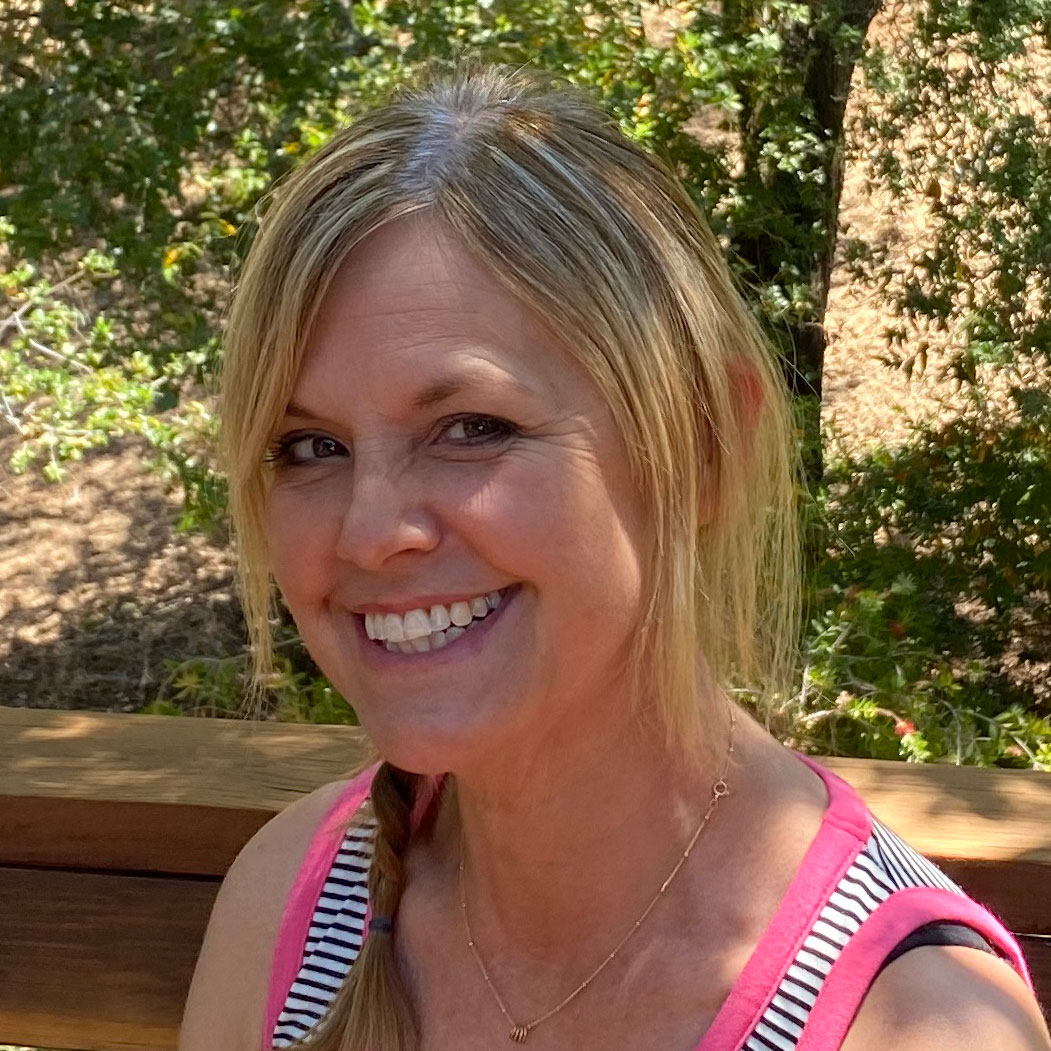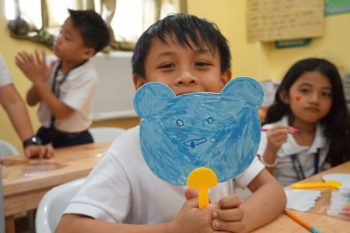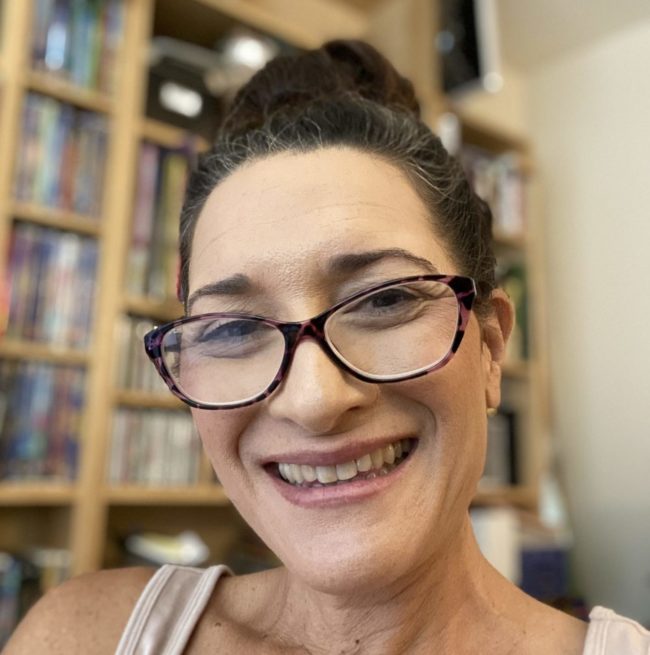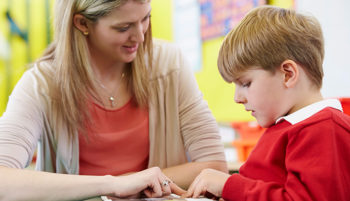 Teaching Our Children Executive Functioning Skills
Teaching Our Children Executive Functioning Skills
As teachers prepare to support students this coming school year, they are consciously considering how to incorporate the 10 executive functioning skills in daily classroom activities. Summarized below are activities that I use daily in my classroom to shape executive functioning skills to ensue my students are successful with classroom routines and self-management: [Read more…]

Melissa has been an educator for over 20 years, and has spent the largest block of her teaching career in second grade, with additional experience in Grades 1 through 4.
After graduating from the University of Nevada with a Bachelor of Science Degree in education, with a dual degree in special education, Melissa traveled through Europe. Ms. Donahoe taught her first teaching assignment at a Department of Defense School in Germany. Following her husband’s military career, she also taught at a Title 1 school in Ft. Lewis, and finally landed in Silicon Valley, where she has taught for the past 16 years.
Melissa trained with the Noyce Foundation’s Writer’s Workshop. She has served as a Gifted and Talented Education (GATE) coach at her school, where she facilitated curiosity and a love for learning among her students.
Melissa developed a passion for biodiversity after visiting Monterey Bay Aquarium with her nephew. She adopted a sea otter mascot named “Loutre” and discovered her fascination with ocean health, imparting to her students the relationship between sea otters and their critical role in maintaining healthy kelp forests. Along with ocean health, Melissa inspires awareness among her students about microplastics in the environment. She is a follower of the Jane Goodall Institute’s Roots & Shoots program and believes that small changes at home can foster activism that leads to healthy life habits.
Melissa has a daughter who is a junior in high school and a son who is attending his second year of college at the University of Nevada.
 How to Help Struggling Students Learn
How to Help Struggling Students Learn
 We knew the school year would end when the year started, but never realized how fast it would come. It’s hard to stop, step back, and just look at how far we’ve come. The mountains we have climbed or the forever-long valleys that we thought would never end, but we did it. We all did hard things. We grew.
We knew the school year would end when the year started, but never realized how fast it would come. It’s hard to stop, step back, and just look at how far we’ve come. The mountains we have climbed or the forever-long valleys that we thought would never end, but we did it. We all did hard things. We grew.
 It’s funny once you hit Spring Break blink and it is summer break. Where did the year go? How was the year? Before rushing into vacation mode, here are a couple of things you can do to make sure the year ends on a good note and set up our children for success next year.
It’s funny once you hit Spring Break blink and it is summer break. Where did the year go? How was the year? Before rushing into vacation mode, here are a couple of things you can do to make sure the year ends on a good note and set up our children for success next year.